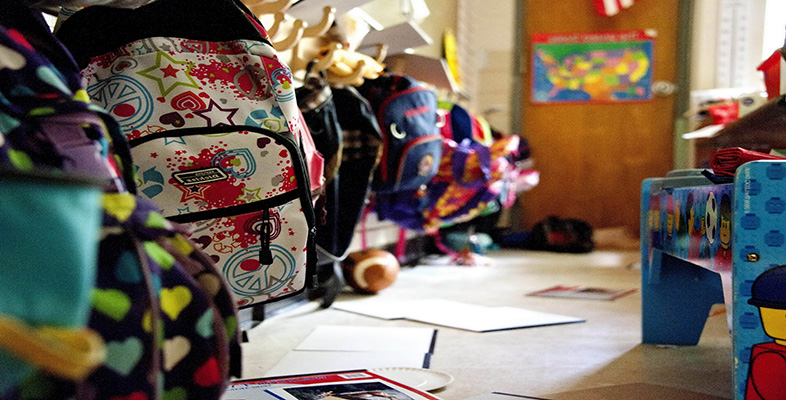1.9 Teaching assistants and The Open University
Between 1995 and 2012, The Open University trained just over 8000 teaching assistants through its course E111 Supporting learning in primary schools and its now discontinued Specialist Teacher Assistant course. Most were women and many were mothers; a very small percentage were male. Heather Wakefield (2003), head of local government liaison at UNISON, emphasises the link between caring work in the public sector and the recruitment of a predominantly female paraprofessional workforce. She suggests that a woman’s role in the household and in the family is being ‘imported’ into the workplace where it is of value in a number of ways, not least in terms of her supporting and caring abilities. Wakefield emphasises, however, that this work has traditionally been poorly paid and accorded low ‘manual’ status by employers.
The backgrounds of teaching assistants who have studied with The Open University to date provide confirmation that many have children who were educated at their school of employment, so they lived locally and were part of the wider school community. A local school is clearly a convenient workplace for a parent, as it minimises the journey between home and work. It allows those employed to work during school hours and to take time off in school holidays (though often without pay). Further, because of its focus on educating children, a school is a place where issues concerning the care of children outside school are likely to be valued and understood. Some believe that a school is a ‘family-friendly employer’, to use a current phrase. Additionally, schools are workplaces where knowledge of children and their ways is potentially of value and use. A primary school may also be seen as a community of adults and children, where a local person is likely to feel part of a continuous social network of known local acquaintances, families and familiar faces.
Activity 3 Your reasons
With the above points in mind, if you are – or would like to be – in a learning support role, make a list in the box below of your reasons for wanting to be involved in this kind of work.
Comment
We invited Mary-Jane Bayliff, a teaching assistant who works in a Dorset School, to give an account of her reasons for working in schools. In response, she wrote:
I have always wanted to work with children. I had experience of work relating to children, for example at camps and in clubs. I felt my experience as a mother and childminder was a good foundation from which to start. I was keen to look after my own children during school holidays and during after-school hours. I had a particular interest in my own children’s school, having been a volunteer helper and member of the PTA. After seeing school through a parent’s eyes, I felt I had something of value to give, in terms of caring for children and bringing an understanding to home–school relations.
Clearly, there is much in Mary-Jane’s previous experience that contributes to her ability as a teaching assistant.

